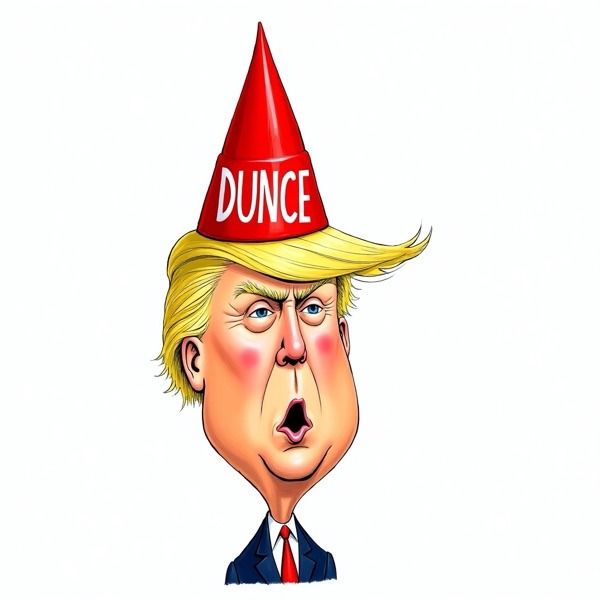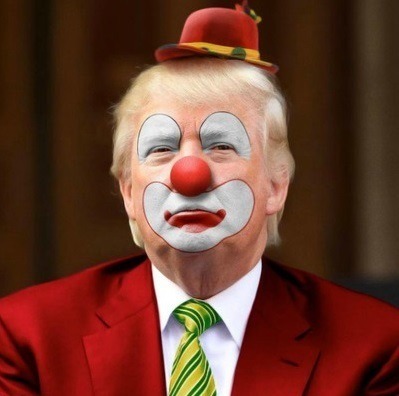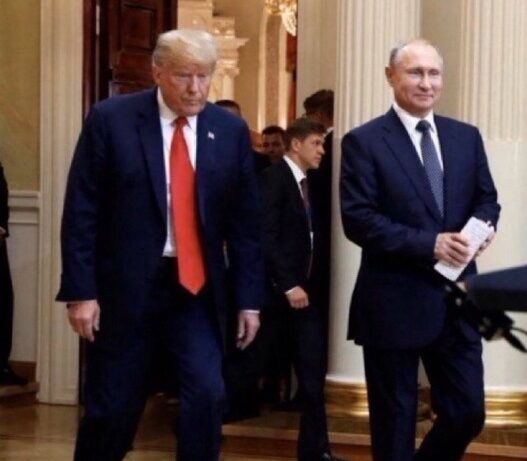Donald Trump has long portrayed himself as a master negotiator—a “deal-maker” who plays 4D chess while everyone else is stuck on checkers. But the ongoing trade war with China has laid bare just how hollow that image really is. With shelves in American stores thinning out and prices climbing, the reality is becoming harder to ignore: Trump didn’t just misplay the trade relationship with China—he never understood the game in the first place.
From day one, Trump treated tariffs as a blunt-force weapon, claiming they would pressure China into submission. He boasted that trade wars were “easy to win” and assured the American public that China would “pay” for the tariffs. These were not the words of a strategist—they were the bravado of someone who believed negotiation was just about yelling louder and bullying harder.
But China didn’t cave. Instead, it adapted. It restructured parts of its supply chain, strengthened trade ties with other global partners, and continued reducing its reliance on exports to the U.S. As of early 2025, the U.S. accounts for only about 13.5% of China’s exports—down significantly from past years. Trump thought he had leverage. He didn’t. He was bluffing, and the other side called him on it.
Now, reports are surfacing that Trump may roll back the very tariffs he spent years inflating into a symbol of his strength. If he does, it won’t be because he won a concession—it’ll be because the pressure on the U.S. economy is becoming untenable. Tariffs didn’t hurt China nearly as much as they hurt American importers, manufacturers, and consumers. The shelves at Walmart and Target don’t lie.
What makes it worse is that this damage was entirely self-inflicted. There was no crisis that forced this trade war—Trump chose it. He escalated it. And he misrepresented it to the American people from the beginning. When the dust settles, there will be no grand deal, no win, no justification—just a long list of economic wounds and a president who thought puffed-up rhetoric could substitute for strategy.
That’s the heart of the issue: Trump’s entire brand is built on the illusion of competence. He thinks business and diplomacy are about dominating the room and branding your name on the outcome. But international trade doesn’t care about ego, and global markets don’t respond to temper tantrums. A smart negotiator understands leverage. Trump imagined leverage where there was none and pushed forward anyway—because in his mind, reality bends to his will.
But reality doesn’t care about narcissism. While Trump was tweeting about “winning,” American companies were watching their costs soar. Farmers lost overseas markets. Retailers paid more for inventory. And consumers were left footing the bill. A master negotiator minimizes pain for his side while maximizing results. Trump did the opposite.
Rolling back the tariffs now—without getting anything meaningful in return—isn’t just policy failure. It’s a tacit admission that the whole trade war was an ego trip, not an economic strategy. And yet, rather than own up to the mistake, Trump will likely spin it as some kind of brilliant maneuver. He’s counting on his base to keep cheering, not questioning.
But the rest of the country should be paying close attention. This isn’t just about one bad deal or one policy gone wrong—it’s a case study in what happens when arrogance replaces intelligence, and self-absorption takes the wheel in matters of national consequence. The myth of Trump as a master negotiator has always been just that—a myth. And now, the bill for that delusion has come due.





